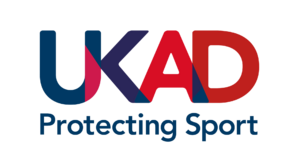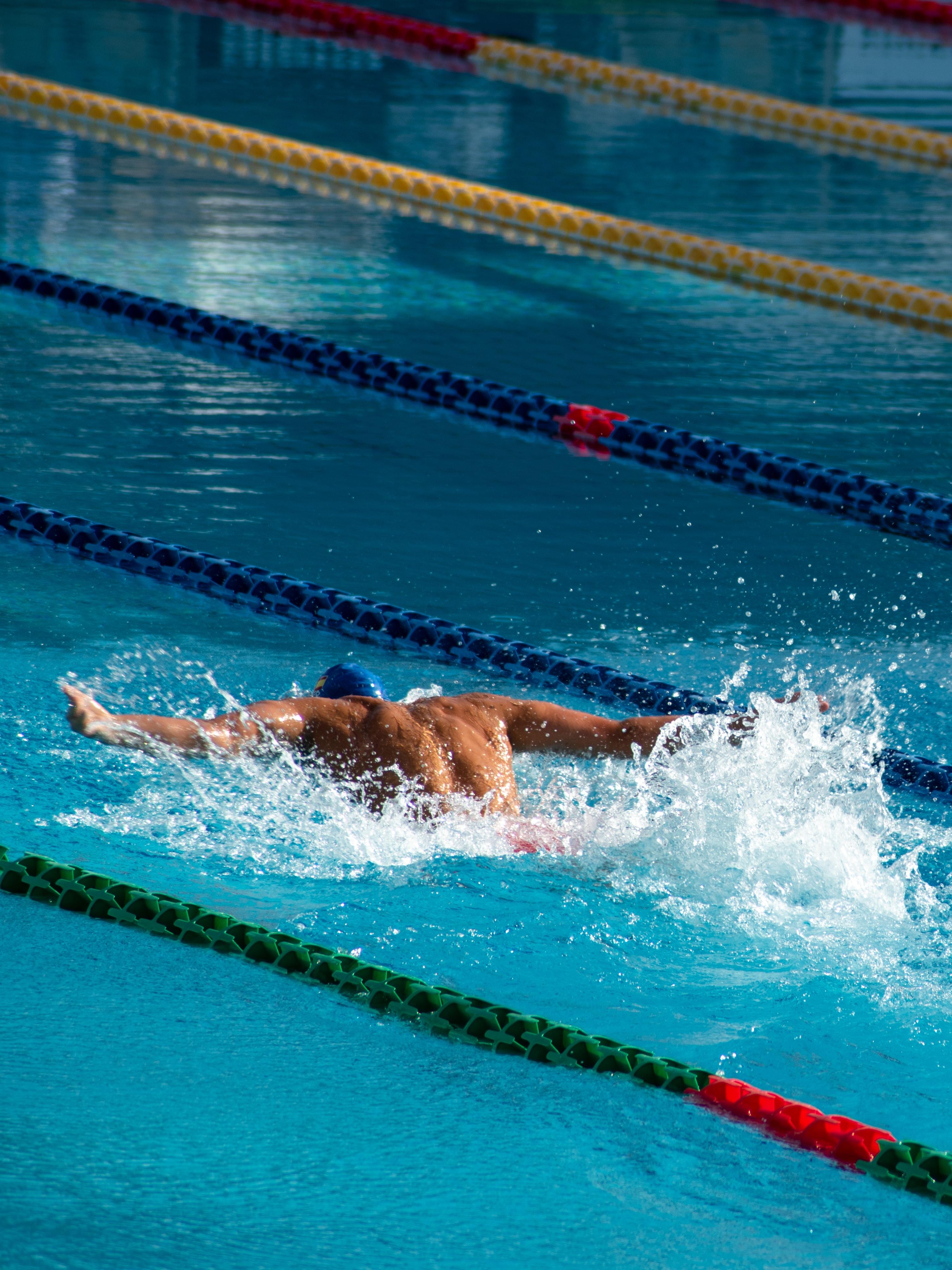Approved by:

Context
Anti-doping refers to the efforts and rules in place to prevent athletes (you) from using banned substances or methods to gain an unfair advantage. The goal is to ensure fair competition and protect the integrity of sports.
You must follow strict rules and regulations regarding the use of medications, supplements, and treatments. Anti-doping organisations, such as the UK Anti-Doping (UKAD) and World Anti-Doping Agency (WADA), enforce these rules and impose penalties on athletes who violate them.
Athletes who reach higher performance levels are more likely to be subject to anti-doping testing. However, they can be randomly tested at any age, at any time, or in any place.
If an athlete is under 18, they are considered a minor and will be subject to a modified process. For more information, see our lesson ‘How Drug Testing Works’.
Why Do Some Athletes Dope?
Despite well-publicised cases in the media showing the shame that follows a ban and the catastrophic effect that the resulting time away from sport can have on a career, some athletes are not deterred.
Understanding the various factors that contribute to an athlete’s decision to dope can help you stay on the right path, i.e., as a clean, respected athlete:
They may see others around them using banned substances and give in to peer pressure, i.e. being easily influenced/led by others can result in them following the crowd/FOMO.
An overwhelming need for success/fame might create a ‘win at all cost’ attitude. They may see taking a banned substance as their only chance of achieving their desired performance.
They may experience external pressures to succeed from coaches, sponsors, or associations and may even be encouraged to dope by an unethical coach, for example.
They may believe the risk of detection to be small and that they won't get caught.
Their environment may be one where it's easy to access banned substances.
They might not have been adequately educated to know that what they are doing is violating the rules.
They might not have been adequately educated to understand the potential dangers to health from doping.
Feelings of desperation, e.g. following an injury, may override their ability to make appropriately considered decisions.

The Power of Influence
How you view doping will depend on your attitude and beliefs.
These are formed from what you see, read, or hear, especially from others who are important to you or influential, e.g., training partners, coaches, and parents. And then, of course, there are athletes you look up to or envy who can influence your views, especially via social media.
Influence can be powerful.
How those around you react to, for example, news of a banned athlete can influence you greatly. If they show they disapprove and point out the clear morality issues, i.e., cheating denies clean athletes what should rightfully be theirs, they are sending out a clear message to you that they have no respect for drug cheats. Surrounding yourself with positive influences like this can ensure your attitudes and beliefs are strong enough to override peer pressure and temptation.
As young adults, we will always want to fit in, and if we are not careful, this can be very dangerous and damaging to our belief systems.
Surround yourself with the right people...
Supplement Use
Believing supplements are needed to improve performance adds a significant risk if you are or are hoping to compete at a high level. Research now shows a convincing link between supplement use (even legal ones) and doping. Some shocking and recent stats from an Australian report seem to demonstrate this clearly:
"Anti-doping rule violations due to supplements accounted for a third of positive doping tests in Australia between 2016-2019…." To read this report, click here (4-minute read).
Read more about the risks due to contamination in our Supplements: The Risks lesson.
Understand that these risks are REAL...
The Risks
If caught, you will be banned from sport.
A ban could destroy your career.
You will lose the credibility and respect you once had as an athlete...
You will lose friends.
You will devastate and let down everyone who has backed and supported you.
You will have let down your parents, who put everything on the line for you. They will face the shame of everyone knowing their child was a cheat.
Sponsorships will be taken away, and opportunities in the future will likely disappear.
You could seriously and even permanently damage your health...
Health implications
There are now serious concerns among experts about the health risks associated with using performance-enhancing substances.
University and college athletes are at particular risk as their bodies are still growing and developing.
The governing body, UK Anti Doping (UKAD), warns athletes of the health risks on their website and in the diagram below.

Possible Side Effects Of Performance-Enhancing Drugs (UKAD)
Risks specifically emphasised are those to your heart, blood vessels, etc... this is serious stuff.
Another real risk is the possibility of extensive and permanent disruption of normal sexual functions and fertility...
Still keen to dope?
What You Can Do
Most athletes compete fairly and uphold the principles of integrity and fair play. We must ensure it stays this way to protect the sports we love. There are several things that you can do and consider to ensure your own sporting career stays on the right path:
Role models - Surround yourself with positive role models.
Education - Educate yourself about doping rules and protocols, how testing is implemented, and the health risks.
Shame - Imagine how it would feel to be known as a doper and a cheat.
Parents and friends - Take a minute to imagine what getting caught doping would do to your relationship with your parents and friends...
External performance enhancers are unnecessary - Understand the connection between supplement use and doping and know that hard work, dedication, good nutrition, and good sleep habits are the true keys to success. You don't need supplements to succeed, but if you decide to use them, you must know how to mitigate the risks properly.
Cheats - No one likes a cheat.
Trust - Trust your training, believe in your skills, and have confidence in yourself. True satisfaction will come from achieving your goals through your own merit. Hard work always pays off one way or another.
Remember, if someone suspects you're doping, they are entitled to report you... anonymously... think about that for a moment.
Evidence-Based Research
Our content is supported by:
Blank, C., Leichtfried, V., Schaiter, R., Fürhapter, C., Müller, D. and Schobersberger, W., 2015. Doping in sports: Knowledge and attitudes among parents of Austrian junior athletes. Scandinavian journal of medicine & science in sports, 25(1), pp.116-124. (View Paper)
Hurst, P., Ng, P.Y., Under, L. and Fuggle, C., 2024. Dietary supplement use is related to doping intention via doping attitudes, subjective norms, and perceived behavioural control. Performance Enhancement & Health, p.100278. (View Paper)
Sport Integrity Matters, 2022. 'Reaching Supplement Zero', Sport Integrity Matters, September, viewed October 2023. (View Paper)








Comments